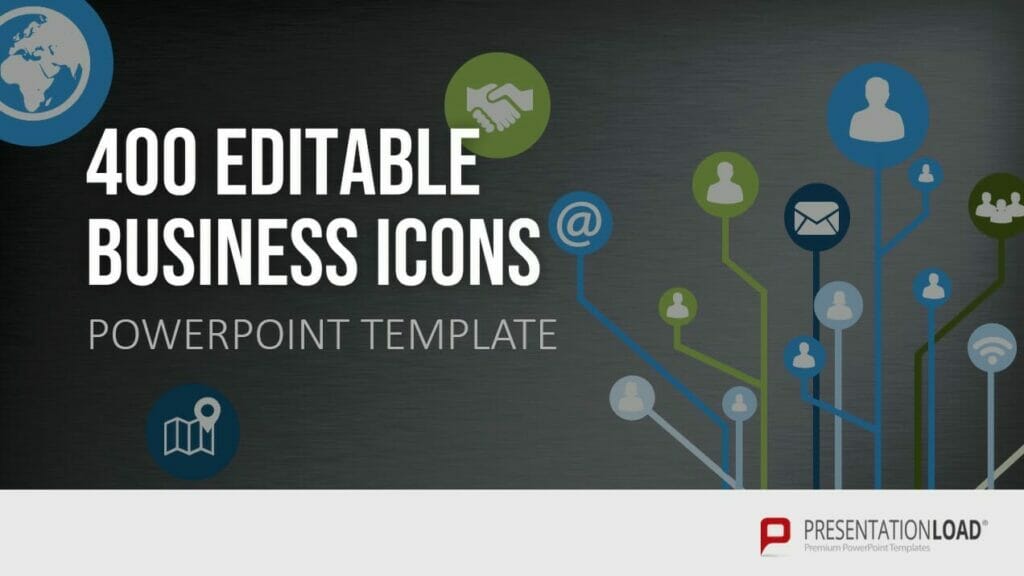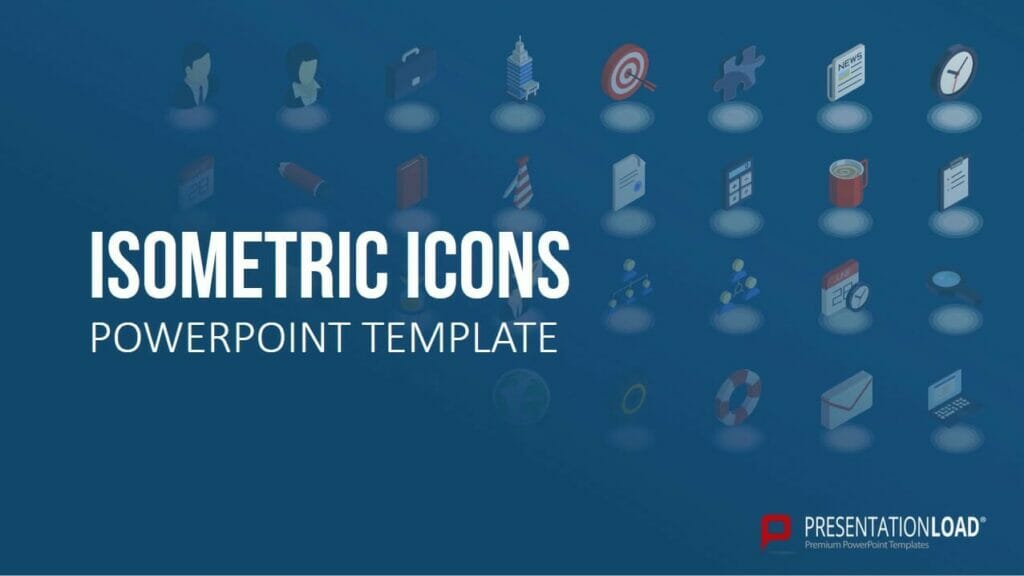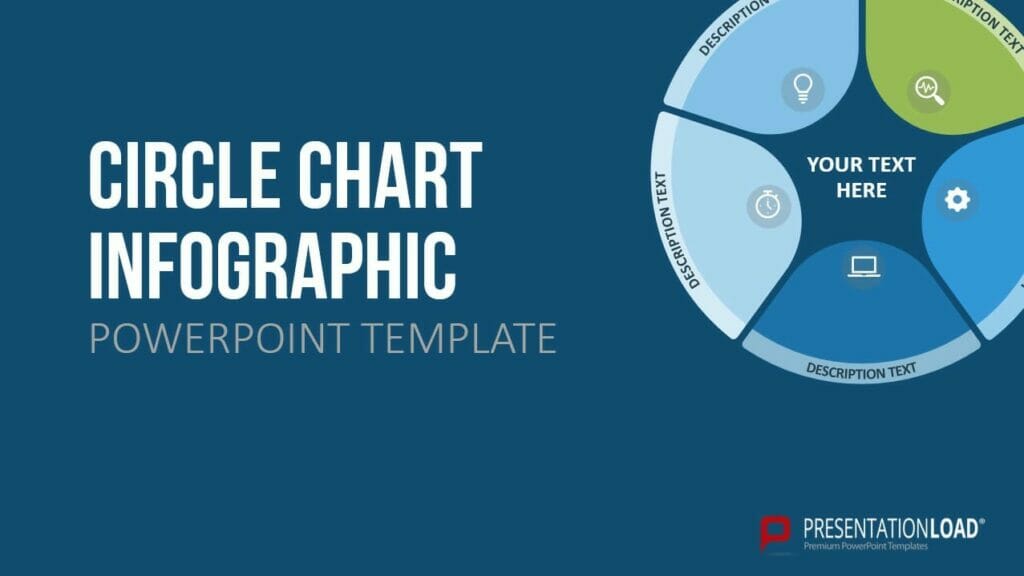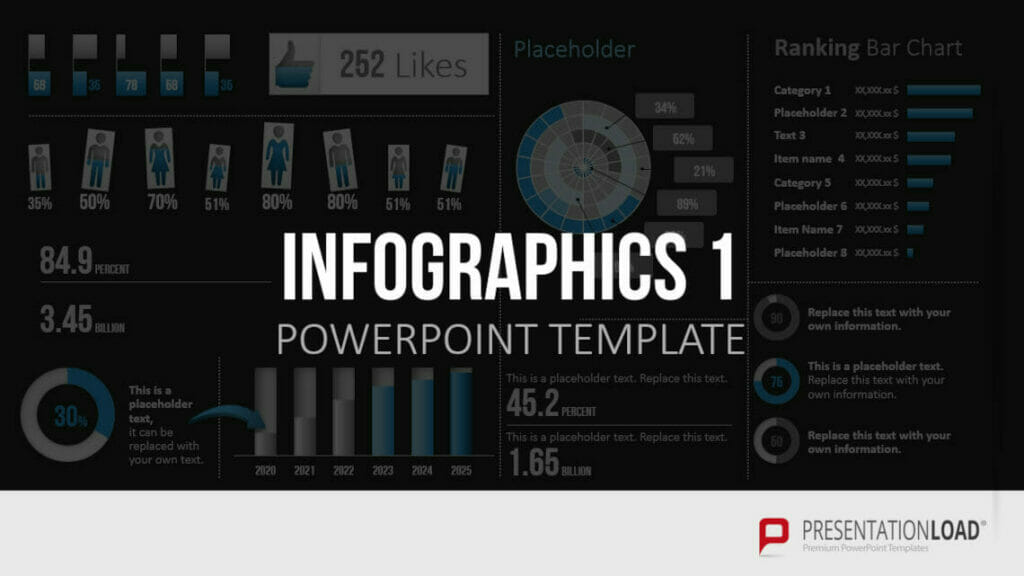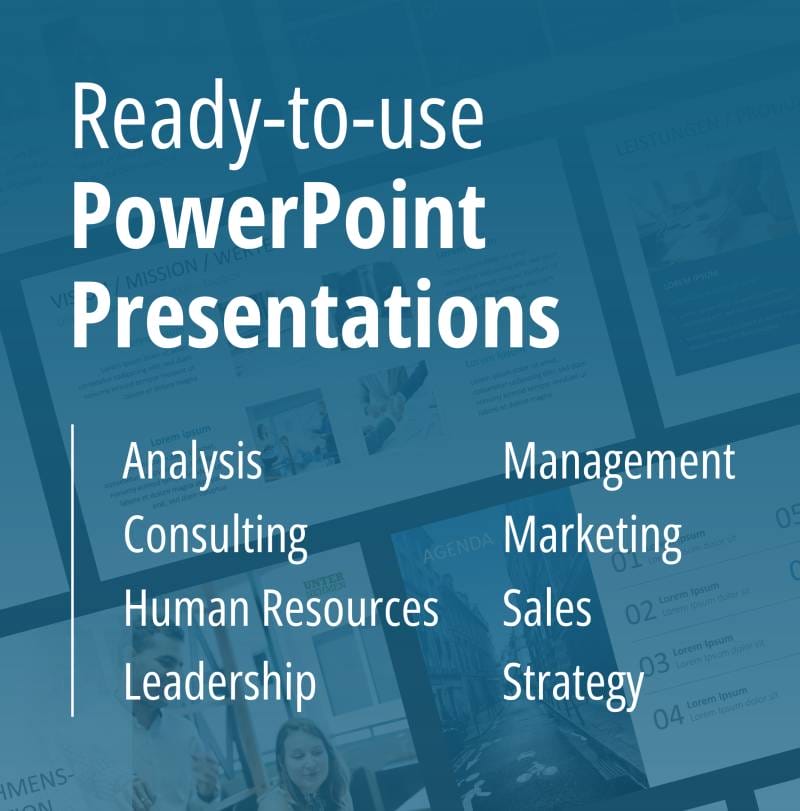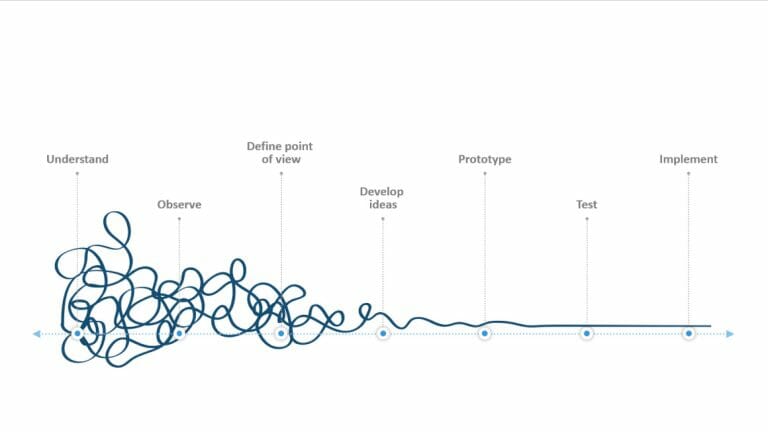
More is less: Only project one message per slide
You probably know it: You are part of an audience listening to a PowerPoint presentation and the text on the slides is overwhelming you. On top of that, there is hardly any variety, and you notice how your attention keeps decreasing.
Too many messages on a slide are still a difficult topic to work around, even for experienced PowerPoint professionals. Why is less is more is the key message of this article, so keep reading to find out how you can implement this on your slides by orijecting only one message per slide.
Why you should only use one message on your slides
There are many points suggesting that using only one message per slide is better than using more:
ATTENTION: Your audiences’ attention is limited.
FOCUS: Less messages per slide mean it is easier to focus on the point.
MEMORY: Your audience will remember the key messages for longer.
LEARNING: Too many points overwhelm your audience and distract them.
These points show why a good presentation focuses only on the most important points. The audience can follow your presentation better and will remember more of the key messages if the slides aren’t too overwhelming. Profound details are usually irrelevant to the audience, but you can always include details in the appendix of your presentation. This way, you are prepared for specific questions and can recall details as needed.
How to shorten slide content and project only one message: 5 tips
Successful presentations reduce their content to the most important points and focus on one message per slide. To ensure your next presentation is a success and engages your audience at the same time, you can follow these tips:
#1: Start with a strong heading
Use a clear slide heading to convey your message. Short headings that aren’t longer than 10 words or action titles are ideal for this. To find out more about action titles, read our blog article on “action titles”.
If you use a strong heading the slide’s key message should already be easy to identify.
#2: Use icons
Instead of using too many sentences on your slides or bullet point after bullet point, you can rely on icons. These small pictograms are visually appealing and visualize your content in a simple way.
Feel free to use icons professionally prepared by PresentationLoad! We have a wide range of icons in our store which you can find here: ► to our shop
#3: Use graphics
Another replacement for too many sentences on your slides can be graphics. With strong graphics you can illustrate content better and more briefly whilst conveying a clear message.
Feel free to use professionally designed graphics by PresentationLoad. You can find a wide range of graphics in our store: ► to our shop
#4: Pay attention to the layout
When deciding on a slide layout you should not underestimate the impact they can have on the whole presentation. Make sure that you don’t use distracting layouts. Layouts with too many placeholders usually convey more than one message per slide. Use layouts that are as simple as possible and allow you to convey one central message.
You can find more advice on how to design your slides in our article on “PowerPoint Layout”.
#5: Choose the right key message
You should also follow the “less is more” advice when choosing your presentation’s key message. Try to keep it as brief and concise as possible and do not use in-depth information. This way you can also convey it as a message on a slide.
To find out more about how to create a memorable key message, have a look at our article on “key messages in presentations” in our blog.
Extra tip: How to control the attention of your audience
In addition to focusing on just one message per slide, you can control you audience’s attention by directing it in a targeted manner. This supports the communication of your message which, therefore, remains in your listeners’ memories for longer.
Techniques you can use include making presentations interactive at appropriate points or using storytelling to evoke emotion.
To find out more about how to control your audience’s attention, have a look at our article on “Getting attention right from the start” and “7 tips for more attention” in our blog.
Conclusion: More is always less in presentations
In your next presentation follow the “less is more” strategy and you will see that you get more attention and that your message will be easier to convey for you.
Do you have any question regarding choosing the right key message and how to convey it or PowerPoint in general? Feel free to contact us at [email protected]. We are always happy to help!
You are looking for visually supportive and professionally designed templates? Feel free to have a look around or store, where we have a variety of slides prepared for you to download. Take a look today! ► To our shop
More articles that might also interest you:
